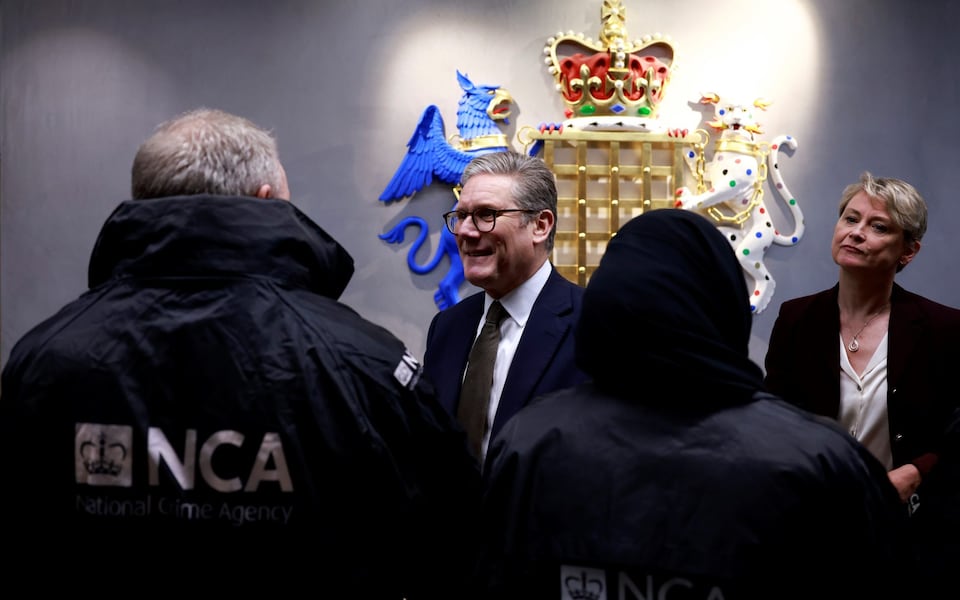In a bid to combat human trafficking, new measures will allow authorities to impose restrictions on suspected people smugglers even before prosecution. These include banning access to mobile phones, laptops, and social media. The initiative is part of interim serious crime prevention orders (SCPOs), granting investigators the ability to curb suspects’ activities while building cases against them.
The SCPOs, previously used for crimes like terrorism and drug trafficking, will now target people smuggling. Suspects may face limits on financial dealings, travel, and communication with associates. Breaching these orders could result in up to five years in prison.
Home Secretary Yvette Cooper emphasized the importance of these measures, stating that they aim to disrupt trafficking networks and safeguard lives. Enhanced international cooperation has already led to arrests, and these powers are expected to further dismantle smuggling operations.
Labour leader Sir Keir Starmer has also introduced the Border Security, Asylum and Immigration Bill to establish these interim SCPOs. The bill lowers the threshold of proof required for imposing restrictions, allowing quicker intervention against suspects. Critics, however, raise concerns about civil liberties, as these measures could restrict freedoms without a conviction.
Statistics reveal a sharp rise in migrant arrivals since Starmer assumed office, with a 29% increase compared to the same period in 2023. The government attributes part of this surge to favorable weather conditions, which have facilitated more crossings. Despite efforts, Channel crossings remain a contentious issue, with opposition parties criticizing Labour’s approach.
Authorities are also considering criminalizing possession of equipment used for illegal crossings, such as boats and life jackets. Expanded powers under the Terrorism Act 2000 will enable stop-and-search tactics, allowing officers to seize mobile phones and financial records from suspects at ports.
The Refugee Council has called for transparency regarding the number of migrant deaths during crossings, noting a significant rise in fatalities in 2024 compared to previous years.
The measures aim to fight smuggling but have raised concerns about balancing security and civil rights. The crackdown highlights the increasing need to address the migrant crisis and its risks.

